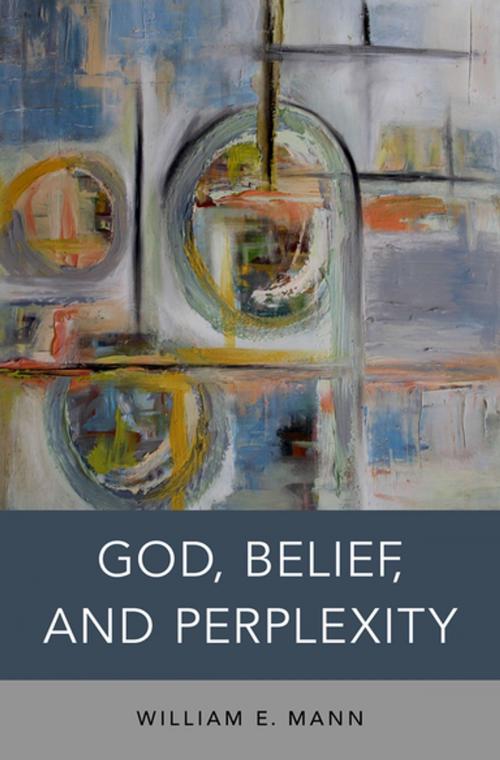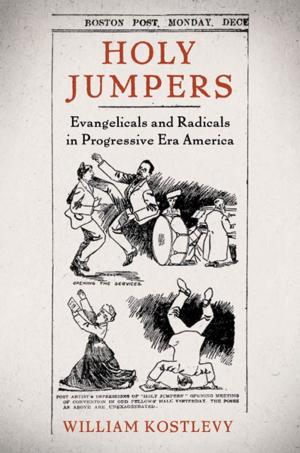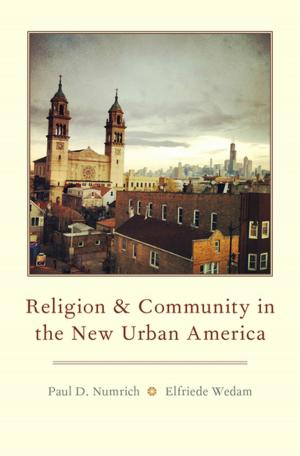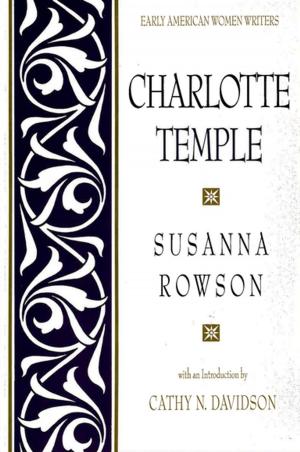God, Belief, and Perplexity
Nonfiction, Religion & Spirituality, Philosophy, Medieval, History, Criticism, & Surveys, Religious| Author: | William E. Mann | ISBN: | 9780190612665 |
| Publisher: | Oxford University Press | Publication: | May 2, 2016 |
| Imprint: | Oxford University Press | Language: | English |
| Author: | William E. Mann |
| ISBN: | 9780190612665 |
| Publisher: | Oxford University Press |
| Publication: | May 2, 2016 |
| Imprint: | Oxford University Press |
| Language: | English |
This volume presents fourteen of William E. Mann's essays on three prominent figures in late Patristic and early medieval philosophy: Augustine, Anselm, and Peter Abelard. The essays explore some of the quandaries, arguments, and theories presented in their writings. The essays in this volume complement those to be found in Mann's God, Modality, and Morality (OUP, 2015). While the essays in God, Modality, and Morality are primarily essays in philosophical theology, those found in the present volume are more varied. Some still deal with issues in philosophical theology. Other essays are aporetic in nature, discussing cases of philosophical perplexity, sometimes but not always leaving the cases unresolved. All the essays display, directly or indirectly, the philosophical influence that Augustine has had. His Confessions is a rich source for philosophical puzzlement. Individual essays examine his reflections on the alleged innocence of infants, which raises questions about cognitive, emotional, and linguistic development; his juvenile theft of pears and its relation to moral motivation; and his struggle with and resolution of the problem of evil. One essay presents the rudiments of an Augustinian moral theory, rooted in his understanding of the Sermon on the Mount. Another essay illustrates the theory by discussing his writings on lying. Mann argues that Abelard amplified Augustine's moral theory by emphasizing the crucial role that intention plays in wrongdoing. Augustine bequeathed to Anselm the notion of "faith seeking understanding." Mann argues that this methodological slogan shapes Anselm's "ontological argument" for God's existence and his efforts to explicate the doctrine of the Trinity.
This volume presents fourteen of William E. Mann's essays on three prominent figures in late Patristic and early medieval philosophy: Augustine, Anselm, and Peter Abelard. The essays explore some of the quandaries, arguments, and theories presented in their writings. The essays in this volume complement those to be found in Mann's God, Modality, and Morality (OUP, 2015). While the essays in God, Modality, and Morality are primarily essays in philosophical theology, those found in the present volume are more varied. Some still deal with issues in philosophical theology. Other essays are aporetic in nature, discussing cases of philosophical perplexity, sometimes but not always leaving the cases unresolved. All the essays display, directly or indirectly, the philosophical influence that Augustine has had. His Confessions is a rich source for philosophical puzzlement. Individual essays examine his reflections on the alleged innocence of infants, which raises questions about cognitive, emotional, and linguistic development; his juvenile theft of pears and its relation to moral motivation; and his struggle with and resolution of the problem of evil. One essay presents the rudiments of an Augustinian moral theory, rooted in his understanding of the Sermon on the Mount. Another essay illustrates the theory by discussing his writings on lying. Mann argues that Abelard amplified Augustine's moral theory by emphasizing the crucial role that intention plays in wrongdoing. Augustine bequeathed to Anselm the notion of "faith seeking understanding." Mann argues that this methodological slogan shapes Anselm's "ontological argument" for God's existence and his efforts to explicate the doctrine of the Trinity.















